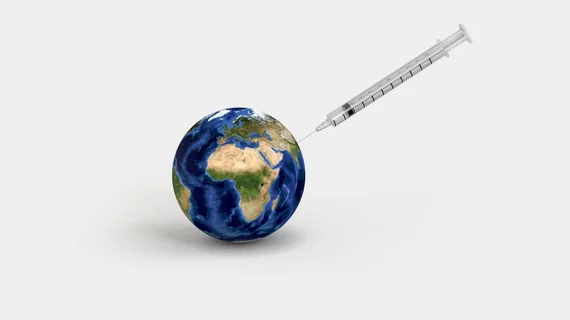Search engines unequally inhospitable to antivaxxers
If you’re looking for websites presenting antivaccine news and views, Google won’t help you much compared with alternative search engines like DuckDuckGo, Mojeek, Qwant, Ecosia and Swisscows.
In fact, in a recent study, the biggest engine on the block turned up zero “antivaxxer”-friendly websites in the first 30 results when researchers entered the words vaccine and autism.
Meanwhile the alternative, mostly privacy-first engines brought back between three and 16 sites with possible or likely misinformation on vaccines.
And large commercial search engines that aren’t Google, such as Bing and Yahoo, returned a mixed sampling of antivaxxer sites (10% to 53%), making Google’s 0% all the more impressive—or glaring, depending on one’s point of view.
The study was conducted by researchers in various parts of Europe and published this week in Frontiers in Medicine.
Lead author Pietro Ghezzi, PhD, of Brighton and Sussex Medical School in the U.K. and colleagues analyzed 840 websites found by 28 search engines in four languages.
Commenting on the above findings their discussion section, the authors state that “mechanisms should be developed to test search engines from the perspective of information quality before they can be deemed trustworthy providers of health information.”
(Of course, results may vary when using the studied search engines in the U.S.)
In a news item on the study posted by the school, Ghezzi expounds on the hypothesis that people are turning to alternative search engines out of concerns over Big Tech mining users’ personal data.
He also notes that the WHO last year identified “vaccine hesitancy” as one of the top 10 threats to global health.
And that was before COVID-19. A recent COVID-contemporaneous survey found 50% of people in the U.K. wouldn’t get a COVID vaccine if it were available.
That finding was consistent with findings on attitudes toward vaccines in the U.S. A study released this week by Orlando Health showed parents are feeling dangerously skittish about bringing their kids to the pediatrician for routine shots.
“There are two main messages here,” Ghezzi says in the news item. “One is to the Internet giants, who are becoming more responsible in terms of avoiding misinformation but need to build trust with users regarding privacy because of their use of personal data. [T]he other is to the alternative search engines, who could be responsible for spreading misinformation on vaccines, unless they become better in their role as information gatekeepers.”
Based on the findings, Ghezzi underscores, government should regulate not only privacy but also the quality of information that search engines place before the public.
The study is posted in full for free.

